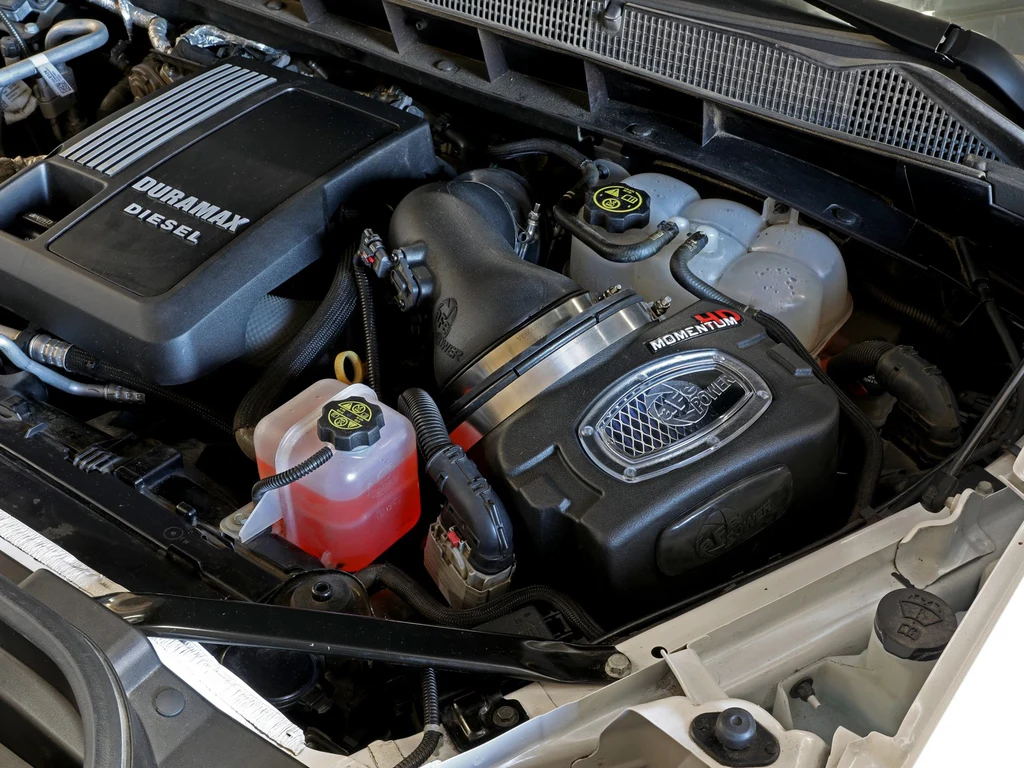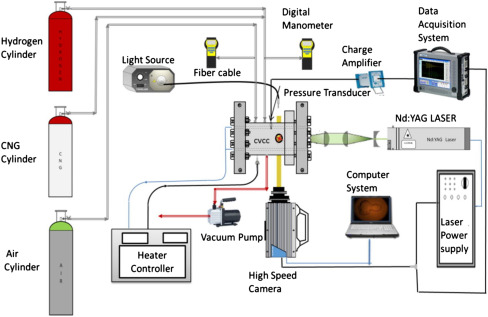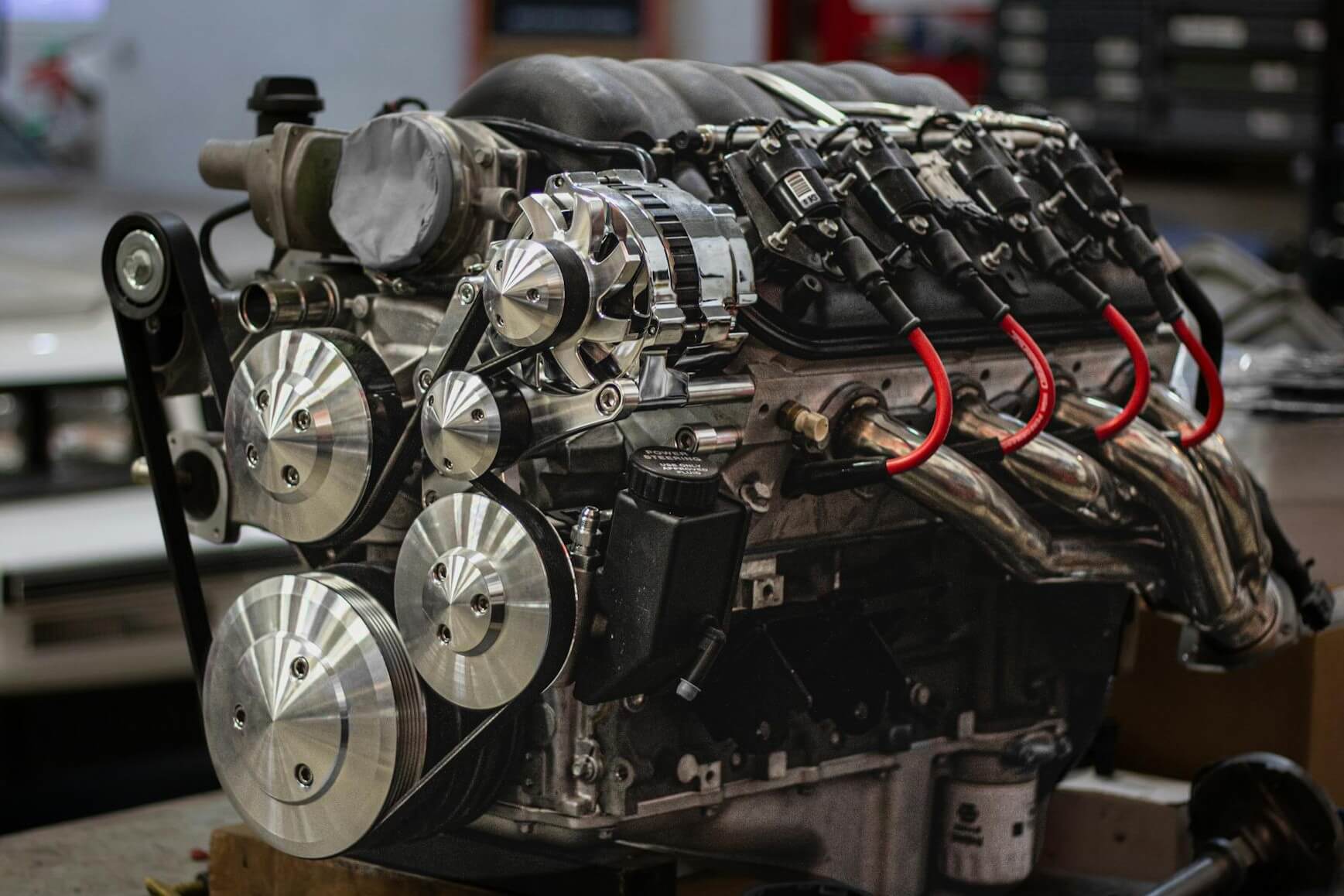When it comes to getting the best performance out of your vehicle, engine tuning is the key. Whether you’re aiming for increased horsepower, better throttle response, or improved fuel economy, the right tuning strategies can make a massive difference. However, engine tuning isn’t just about adding flashy parts—it’s about carefully optimizing your car to work better as a whole.
In this complete guide, we’ll explore the best engine tuning tips, from simple DIY upgrades to advanced tuning techniques. Whether you drive a daily commuter, a weekend sports car, or a rugged off-roader, these tips will help you maximize your engine’s potential safely and effectively.
What Is Engine Tuning and Why Is It Important?
Engine tuning refers to modifying or adjusting an engine’s parameters to improve its overall performance, efficiency, or reliability.
It’s not only about making a car faster—proper tuning can enhance:
- Fuel efficiency
- Smoothness
- Throttle response
- Longevity
- Emissions compliance
Modern vehicles are equipped with computers (ECUs) that control engine behavior. Tuning today often involves both hardware modifications and software adjustments to optimize these systems.
Top Engine Tuning Tips for Beginners and Pros
1. Upgrade the Air Intake System

A vehicle breathes air just like humans—and the better it breathes, the better it performs.
- Cold air intakes draw cooler, denser air from outside the engine bay, increasing power.
- Performance air filters offer better airflow and filtration over stock paper filters.
🔧 Pro Tip: Look for heat-shielded intake systems to avoid drawing in hot engine air.
2. Install a High-Performance Exhaust System
Improved exhaust flow means better engine breathing and more horsepower.
- Cat-back systems replace the exhaust from the catalytic converter back, offering easy gains.
- Headers replace restrictive factory exhaust manifolds, boosting torque and power.
🔧 Pro Tip: Choose stainless steel systems for durability and resistance to corrosion.
3. ECU Remapping and Flash Tuning
One of the most powerful tuning methods today involves reprogramming your engine’s ECU.
- Remapping adjusts fuel maps, ignition timing, and boost levels for turbocharged engines.
- Performance chips or tuners plug into your OBD-II port for easy DIY tuning.
🔧 Pro Tip: Always use a reputable tuner to avoid unreliable or risky software modifications.
4. Turbocharger and Supercharger Installation
If you’re serious about major power increases, consider forced induction:
- Turbochargers use exhaust gases to spin a turbine, forcing more air into the engine.
- Superchargers are belt-driven and provide immediate power boosts.
🔧 Pro Tip: After installing forced induction, upgrade your cooling systems (intercooler, radiator) to handle the extra heat.
5. Upgrade Fuel Delivery Systems
More air means you need more fuel to maintain the right air-fuel ratio.
- High-flow fuel injectors ensure adequate fuel supply at higher performance levels.
- Performance fuel pumps can support boosted engines or high-revving naturally aspirated builds.
🔧 Pro Tip: Tune your fuel system properly to avoid running lean, which can destroy your engine.
6. Optimize the Ignition System

An efficient ignition system ensures full combustion, leading to better power and smoother operation.
- High-performance spark plugs improve spark energy.
- Upgraded ignition coils deliver more consistent performance under load.
🔧 Pro Tip: Gapping spark plugs correctly is crucial—especially on turbocharged or supercharged engines.
7. Lighten and Balance the Vehicle
It’s not all about raw engine power—weight reduction significantly boosts performance.
- Swap heavy wheels for lightweight alloy or forged rims.
- Replace stock body panels with carbon fiber or aluminum versions.
- Remove unnecessary interior components if you’re building a track car.
🔧 Pro Tip: Reducing 100 pounds of weight can improve your quarter-mile time by about 0.1 seconds!
8. Improve Engine Cooling
High-performance engines generate more heat, and proper cooling is critical.
- Install a larger radiator.
- Use a performance thermostat and high-flow water pump.
- Upgrade to a front-mount intercooler if you’re boosting a turbo engine.
🔧 Pro Tip: High-quality engine oil and coolants can also aid in keeping engine temps under control.
9. Regular Maintenance and Quality Fluids
Tuning a poorly maintained engine is a waste of time and money.
- Use high-quality synthetic oils.
- Regularly replace air filters, fuel filters, and spark plugs.
- Check and maintain proper tire pressures for better grip and performance.
🔧 Pro Tip: A strong foundation of maintenance allows modifications to work at their best.
Common Mistakes to Avoid During Engine Tuning
- Skipping reliability upgrades: Power upgrades without reinforcing parts (like better brakes or a stronger clutch) can cause failures.
- Over-tuning: Pushing components beyond safe limits can drastically shorten engine life.
- Ignoring professional advice: DIY tuning is fun, but complex setups should always be handled by a professional tuner.
- Using low-quality parts: Always invest in reputable brands. Cheap parts often fail and can cause costly damage.
Is Engine Tuning Legal?
Laws vary by location, but generally:
- ECU remaps are legal as long as they don’t disable emissions controls.
- Modifications like removing catalytic converters or bypassing emissions systems are illegal in many countries.
- Always check local regulations before tuning.
Frequently Asked Questions About Engine Tuning
Q1: Will engine tuning void my car’s warranty?
In many cases, yes. Modifying engine parameters can void manufacturer warranties. However, some tuning companies offer their own warranties.
Q2: How much horsepower can I gain from tuning?
Gains vary based on the engine and type of tuning. Simple ECU tunes can add 10–30% more power, while full bolt-on mods and forced induction can double horsepower.
Q3: How much does engine tuning cost?
Basic ECU tuning can cost between $300 to $800, while advanced setups with parts and labor can run into the thousands.
Q4: Is tuning only for sports cars?
No! Daily drivers, trucks, SUVs, and even hybrids can benefit from smart tuning for better performance or fuel economy.
Final Thoughts
Mastering the art of engine tuning takes time, knowledge, and patience. By starting with basic upgrades and gradually moving into more advanced modifications, you can dramatically enhance your car’s performance while maintaining reliability.
Always prioritize quality parts, professional advice, and regular maintenance. Done right, tuning your engine transforms your vehicle from ordinary to extraordinary—delivering the performance, sound, and driving excitement you’ve always wanted.




